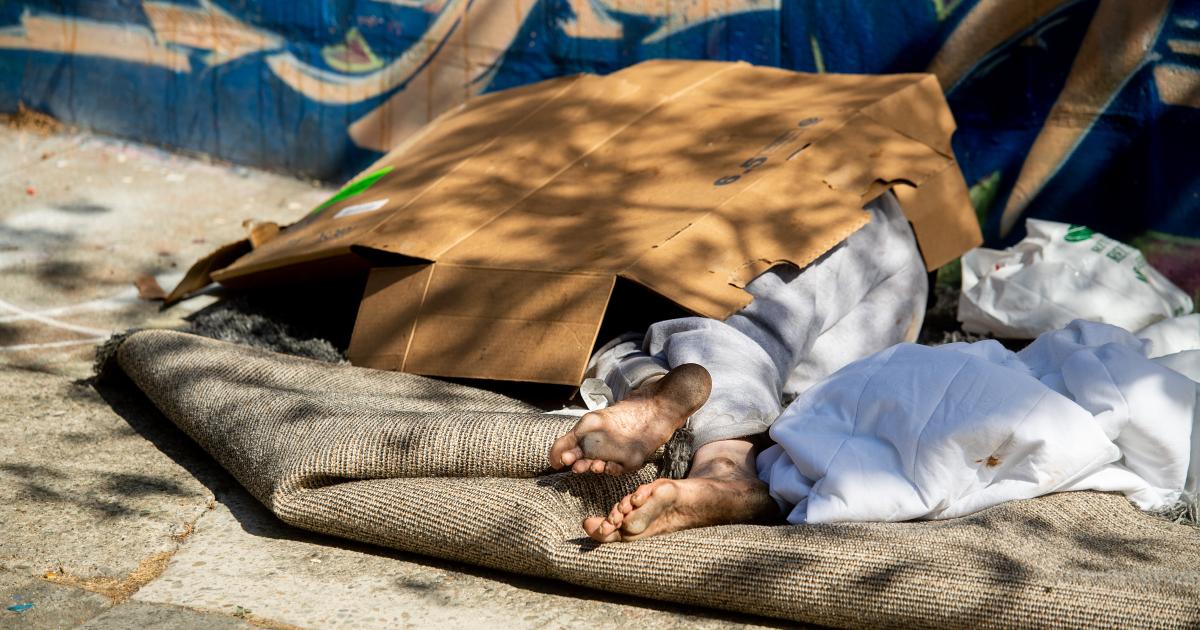And again:
Recently, a spate of assaults and murders have highlighted how people without housing are vulnerable to violence. Margot Kushel, MD, Director of BHHI, sheds light on the longstanding crisis of violence against people who are homeless.

homelessness.ucsf.edu
"
Violence against people experiencing homelessness is not new. Ample research shows just how often they are victimized. A
2003 study of homeless adults in San Francisco found that one-third of cis- women, one-quarter of cis-men, and almost 40% of transgender participants experienced physical or sexual assault in the prior year. These numbers are far higher than lifetime estimates for the general population.
People with mental health problems are also much more likely to be victims of violence. In addition, a
study of homeless women found that 48% had experienced physical violence without a weapon, 18% with a weapon, and 18% had experienced sexual violence within the past six months. In an ongoing study of homeless older adults, we found that almost 12% had experienced physical or sexual assault in the prior six months. Yet violence is not inevitable.
The study followed participants for years and found that the violence continued; however, when people became housed, their risk of being attacked dropped by half.
Despite such violence, instead of focusing on safety for our unhoused neighbors, the misperception that people without homes are perpetrators, rather than victims, of violence contributes to both criminalizing homelessness and dehumanizing people without housing. Exaggerated attention on rare violent incidents that individuals experiencing homelessness commit (and emphasizing their housing status) leads to
policies supporting criminalization of survival behaviors—like sleeping, sitting, and living in vehicles—while doing nothing to improve safety. Criminalization diverts resources, worsens impoverishment, increases incarceration, and
poses barriers to exiting homelessness. It also makes it harder for individuals without homes to report threats or protect themselves. Fear of people who are homeless, rather than compassion on their behalf, contributes to dehumanization—seeing them as less than and not deserving of our protection, care, or equitable policies. These fears, in turn, contribute to violence against people without homes—rates that appear to be
rising—and lessen political will toward lasting solutions. Finally, the false perception of people who are homeless as perpetrators contributes to challenges in siting shelters and housing to meet their needs."

